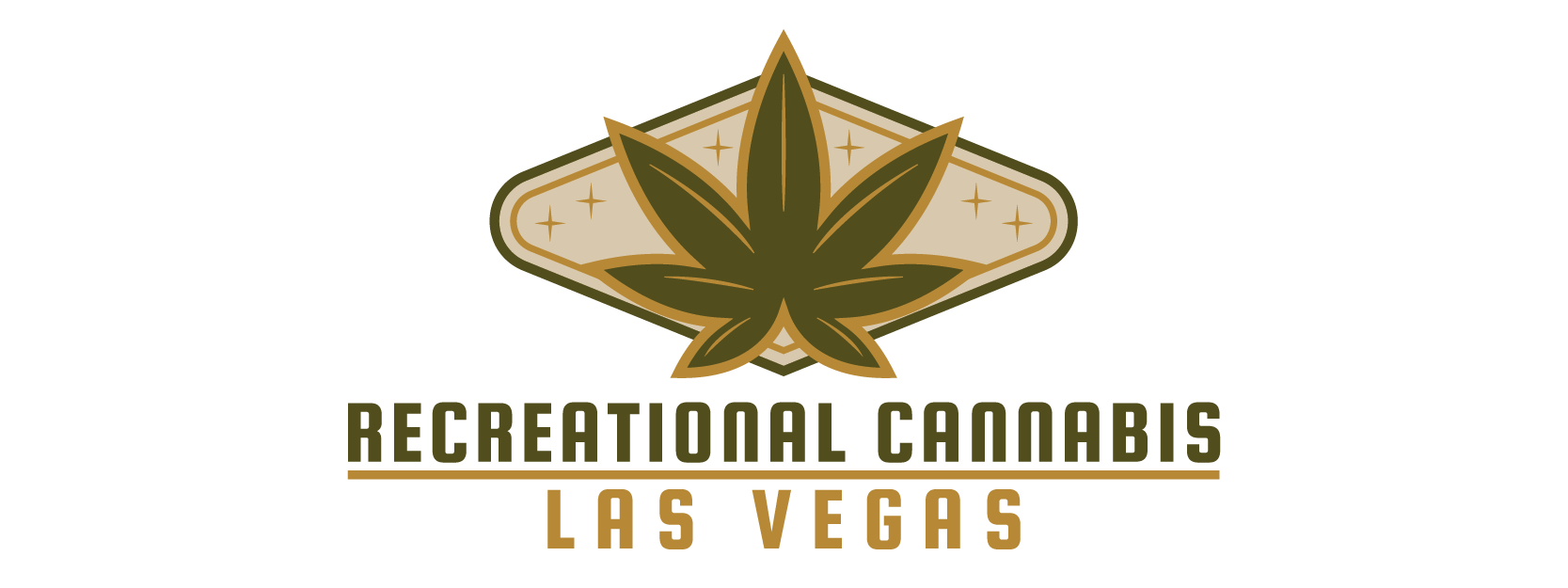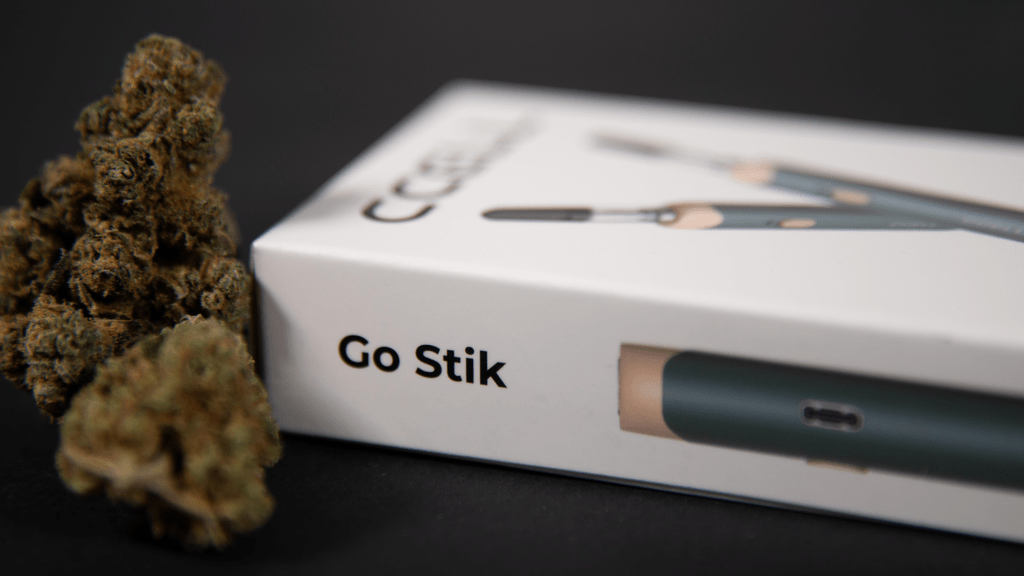Nevada’s cannabis industry is known nationally for having some of the toughest product testing requirements, and nowhere are the effects of those rules more visible than in the Las Vegas market. Overseen by the Nevada Cannabis Compliance Board (CCB), these regulations shape everything from product supply and brand strategy to retail pricing and consumer trust.
Nevada’s testing laws were designed with one goal at the forefront: public safety. Before any adult-use cannabis product reaches a dispensary shelf, it must pass an extensive panel of tests conducted by a licensed independent laboratory. These tests screen for potency, pesticides, microbial contaminants, heavy metals, mycotoxins, residual solvents, and other risks. Products must also display accurate labeling, including cannabinoid content, batch numbers, and health warnings.
A failed test can be devastating. If a batch comes back positive for contaminants, manufacturers must destroy it or—if allowed—attempt remediation, which requires additional approval and retesting. Some failures, such as certain heavy metals or mycotoxins, cannot be remediated at all. The result is tens of thousands of dollars in potential losses for cultivators and processors, especially smaller brands operating on tight margins.
In Las Vegas, these stringent rules carry both consumer and commercial implications. On the consumer side, strict testing has become a core part of the market’s value proposition. Las Vegas draws millions of tourists every year, many of whom are trying regulated cannabis for the first time. Visitors want assurance that what they’re buying is safe, accurately labeled, and clean. Nevada’s regulatory standards give them that confidence. Dispensaries frequently highlight testing transparency as a selling point, especially when competing with unregulated products that may still circulate in certain tourist-heavy areas.
For businesses, however, the testing regime adds a layer of operational complexity. Every batch must be sampled and quarantined until lab results are returned. This waiting period slows down production cycles, while failures disrupt supply chains and tighten availability. When one or more large producers face recalls or failed tests, wholesale pricing in the Vegas market can shift quickly. In an environment where sales have softened and consumers are increasingly price-conscious, this impact is felt across the supply chain.
Testing labs themselves face intense oversight. Nevada regularly audits laboratories, evaluates proficiency performance, and enforces disciplinary actions for inaccuracies or violations. In recent years, regulators have cracked down on labs accused of inflating THC numbers—a national issue sometimes referred to as “lab shopping.” The CCB’s strict enforcement has pushed brands to prioritize working with credible labs known for accurate, defensible results rather than inflated potency reports.
These testing rules also influence how products are developed. Cultivators often choose genetics known for stability and mold resistance, while manufacturers lean toward clean extraction methods and compliant ingredient lists. Guidance around terpene additives and inhalable product components has pushed many companies toward more naturally derived or strain-specific formulations. Because each test failure is costly, producers design their workflows around minimizing contamination risk from seed to sale.
Looking forward, Nevada continues to evaluate how to keep its market safe without unnecessarily burdening operators. Discussions around batch-size adjustments and testing frequency reflect the ongoing balancing act between affordability and strict oversight. For now, though, the state remains committed to rigorous standards.
In the end, Nevada’s strict testing laws do more than ensure clean cannabis—they define the structure of the Las Vegas cannabis economy. They shape pricing, production, product innovation, and, above all, consumer trust. In a market dependent on both tourism and reputation, that trust is one of the most valuable assets a brand or dispensary can earn.

